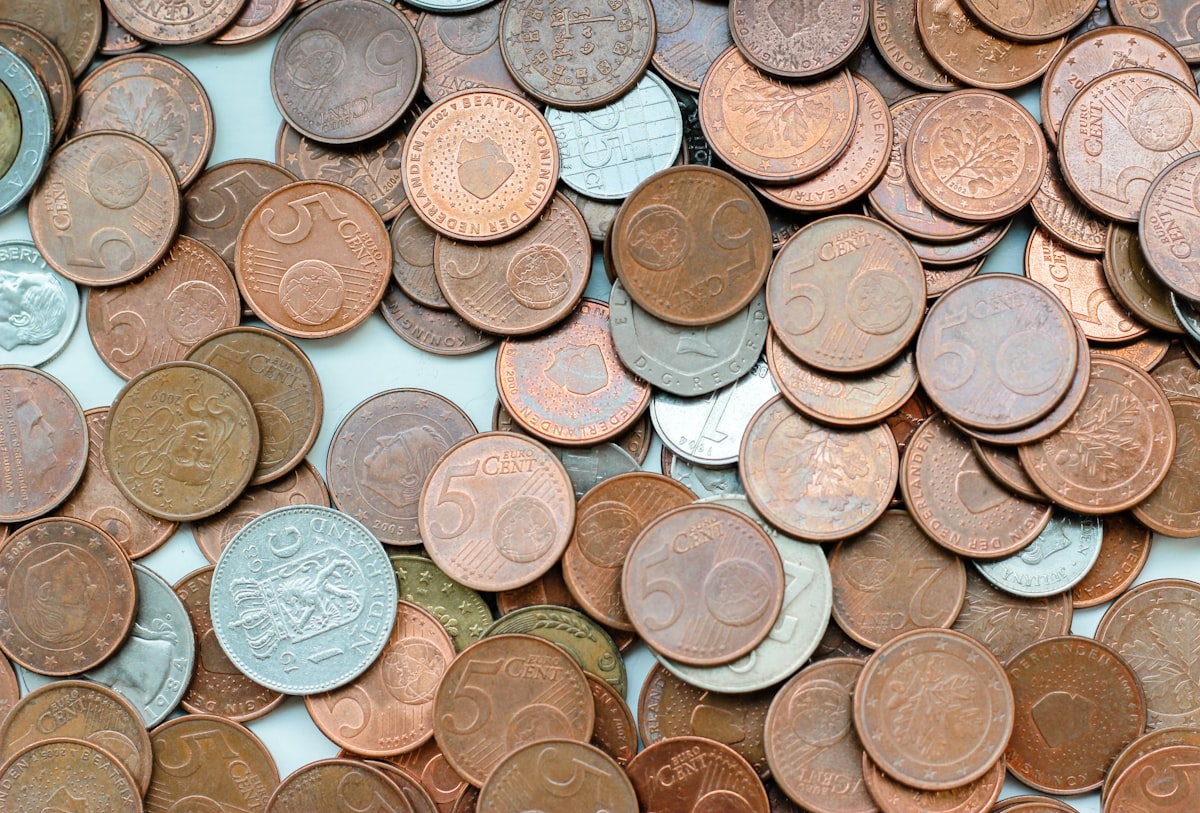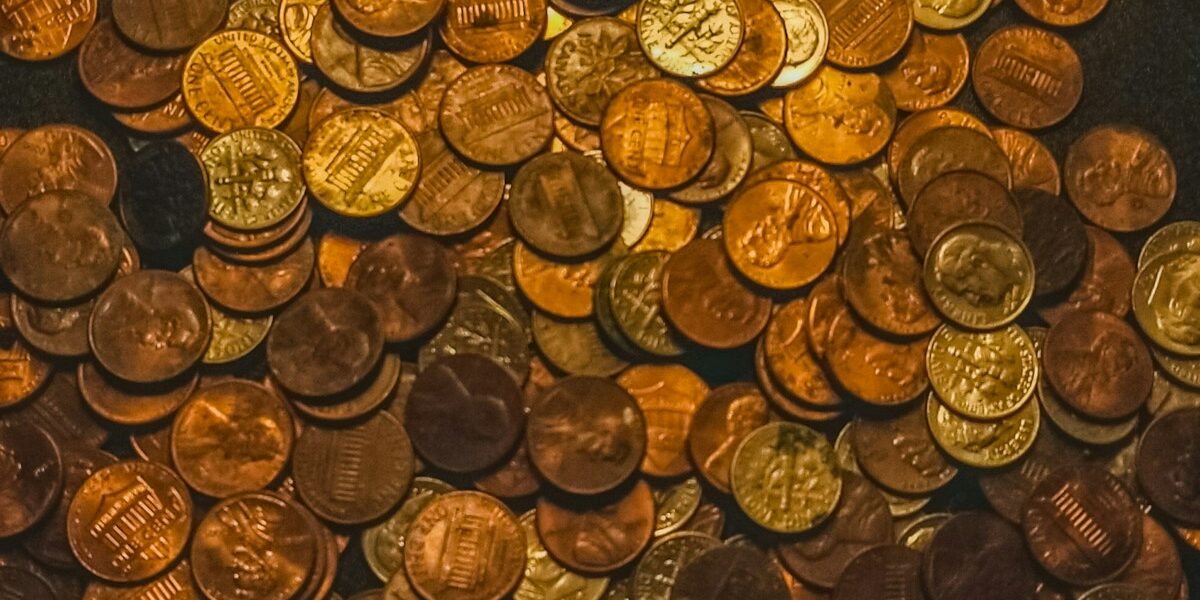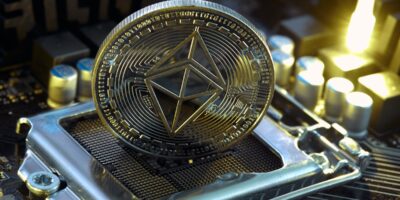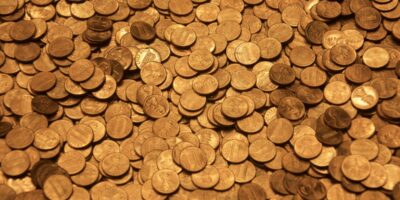Understanding LCR Coins
Collecting educational and commemorative coins has gotten complicated with all the terminology, authentication questions, and valuation challenges flying around. As someone who has researched specialty coinage extensively, I learned everything there is to know about niche collecting areas like institutional and educational coins. Today, I will share it all with you.
What Are These Coins?

Probably should have led with this section, honestly—specialty coins from educational, institutional, or regional sources represent a fascinating collecting niche. These pieces often have limited mintages and distinctive designs that reflect their origins.
Appeal to Collectors
That’s what makes specialty coinage endearing to us collectors—every piece tells a specific story:
- Low mintage means genuine scarcity
- Unique designs unavailable elsewhere
- Historical connections to specific institutions or events
- Often made with quality materials (silver, bronze)
Building a Collection
- Research thoroughly before buying
- Join collector communities focused on your area of interest
- Document provenance when possible
- Store properly in archival materials
Authentication
Because these coins are often obscure, counterfeits are less common than with mainstream numismatic items. However, verifying authenticity through historical records and expert consultation remains important for valuable pieces.
Where to Find Them
Estate sales, institutional archives, specialty auctions, and collector forums are your best hunting grounds. Patience pays off—these coins don’t appear every day.



